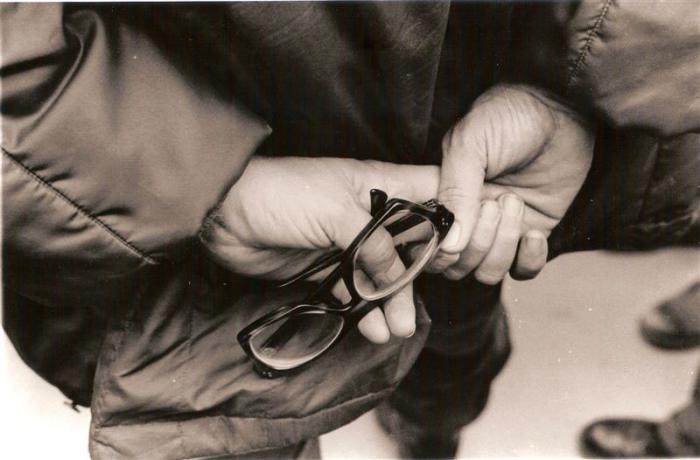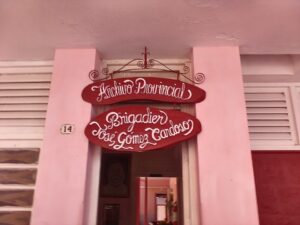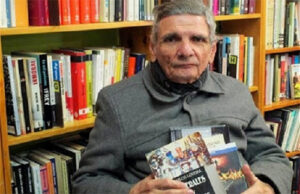Let us enter alongside him through the widened gates of History
In 1985, a foreign journalist asked Fidel: «What would you like your legacy to be? How would you like what you have done in these years to be interpreted?»
As part of his succinct reply – in which he made clear that his permanence in power was directly related to his duties as a revolutionary and that he was not indispensable – he affirmed: «I have not the slightest doubt that (…) people’s concept and recognition will be truly high of the role and effort I have undertaken in the Revolution, without this in any way pretending to signify that it has been a perfect thing exempt from errors, far from it; but I am sure of the high regard that will remain of my services, absolutely sure, I haven’t the remotest doubt about that.»
He was not mistaken. In the transparent channel of communication he established with the people, through his pedagogical oratory, his extreme dedication to the cause, and his demands first upon himself and then upon others, lay the foundations of genuine affection, marked by admiration and closeness.
That is why the people felt no need to use his surname; that is why the humblest resident dared address him informally; and that is why Fidel became then – and to a great extent remains – the paradigm of a leader, sometimes nuanced by legend: the one who could solve everything, embodying qualities of Cubanness of which those born here pride themselves: ingenuity, rebelliousness, valour.
Nevertheless, Fidel, now part of the nation’s symbolic heritage, must be far more than an emotional springboard; he himself knew this. Hence he compelled us not toward statues or street names, but toward studying his thought and the indispensable enrichment and continuation of his ideas.
He who was always doing did not wish to be reduced to a cold, immovable historical lesson. Well can he speak to us today of building unity as a never-ending process, of establishing consensus through continuous explanation, of saving culture first, and of having faith in the Island – which is having faith in its men and women – because there is no greater setback than discouragement.
Today begins the celebration of the Commander-in-Chief’s centenary. As in 1953, when a group of Cubans found in Martí the answers to their concerns and a dignity that illuminated, and resolved not to let the Apostle die in his centenary; this celebration must be the opportunity for rigorous study of Fidel’s work, which was also an honourable commitment virtuously upheld with comrades of that generation, neither forgotten nor dead.
Now, we can be Fidel’s centenary generation, and this implies not appealing to genius – though he undeniably possessed it – but to strategic thinking, to a lofty national self-concept, to work, to a certain stubbornness, and to a fruitful idealism: the kind that founds epics and sustains them.
Those who knew him very closely say it was not that Fidel disliked losing, but that he fought until he did not lose, he strove until he won; because he grew with challenges.
Let us enter History with him, and may it be forced to widen its gates for us.




